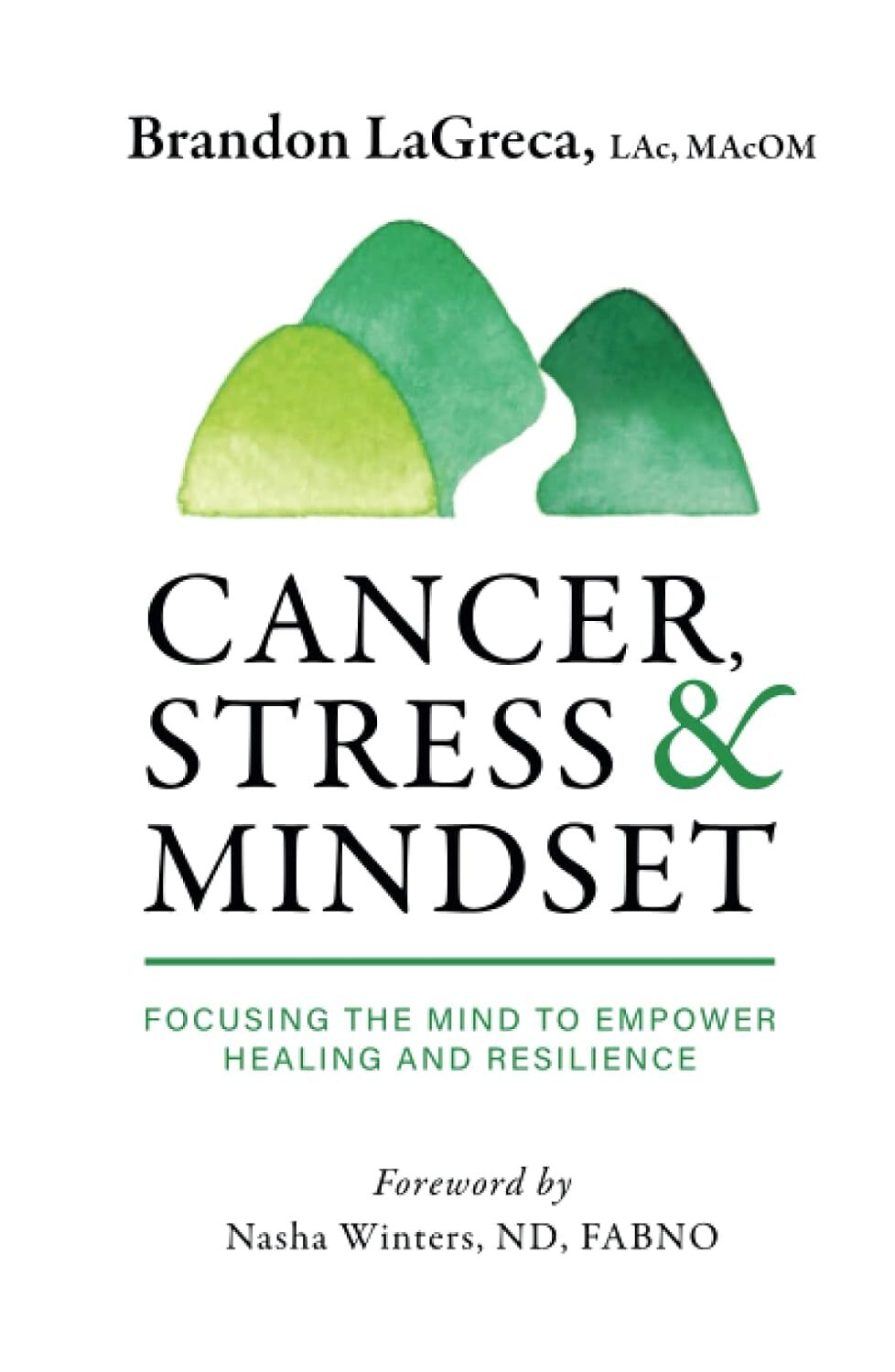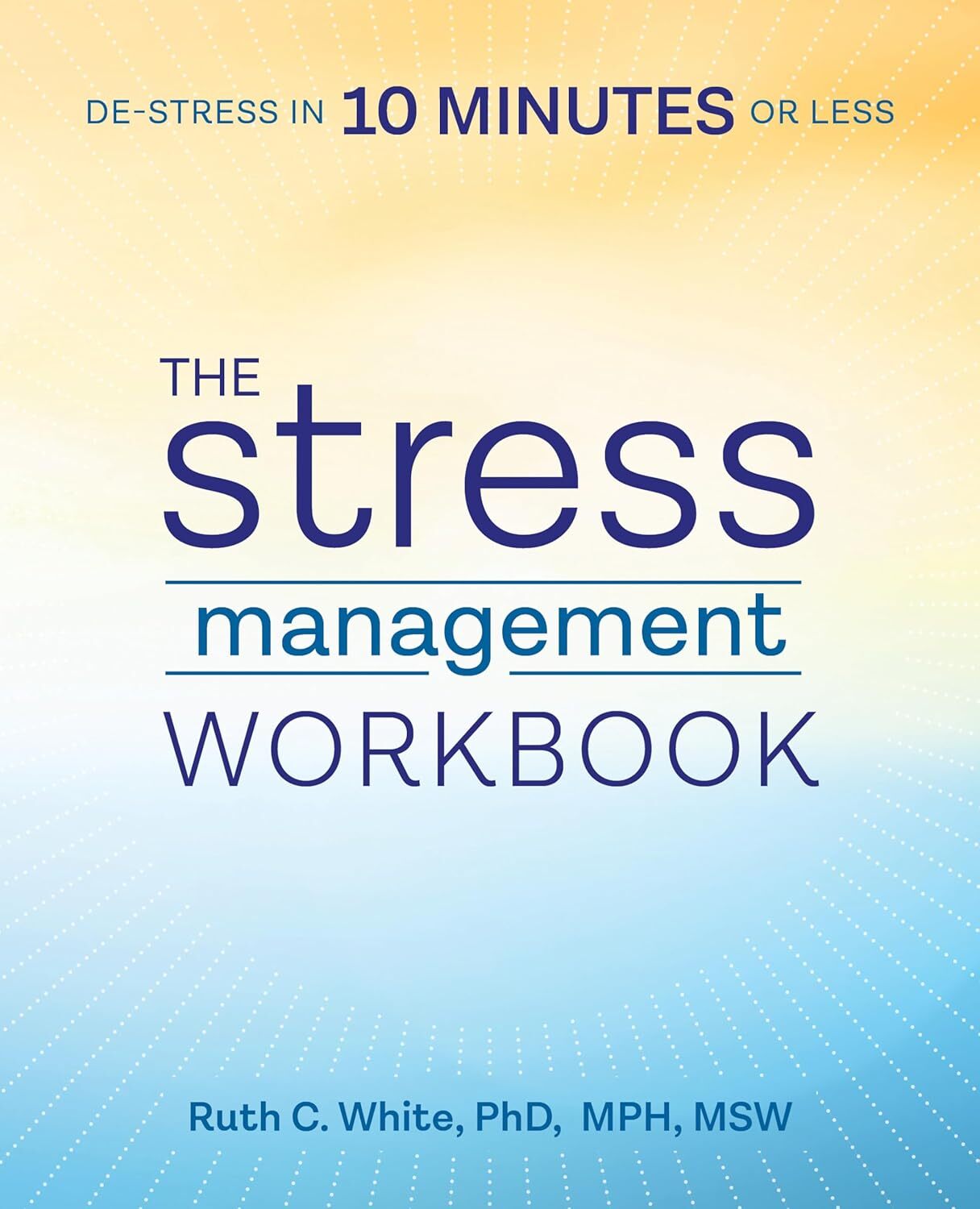Perceived Stress
Stress Assessment to Enhance a Healthier Recovery

Introduction
Perceived Stress assessment evaluates how much stress cancer survivors feel, using tools like the Perceived Stress Scale (PSS-10) to measure perceptions of life’s unpredictability and anxiety. This practice supports recovery by identifying emotional challenges and guiding effective coping strategies.
Why It Works
Perceived Stress assessment helps cancer survivors recognize how their thoughts and feelings about life events contribute to their stress levels. By quantifying stress perception, it provides a baseline to track changes over time, guiding effective interventions. Research shows that high perceived stress can exacerbate physical symptoms, impair immune function, and hinder emotional resilience, while targeted stress management improves quality of life, coping skills, and recovery outcomes in cancer survivors.
Disclaimer: The information on Survivor Site is for general informational purposes only and is not a substitute for professional medical advice, diagnosis, or treatment. Always consult a qualified healthcare provider before starting any stress management techniques or wellness practices.
How To Do It
Instructions:
1. Prepare Your Space
Find a quiet, comfortable place to focus. Have a pen, paper, or digital device to record answers. Allow 10–15 minutes for the assessment.
0 = Never
1 = Almost Never
2 = Sometimes
3 = Fairly Often
4 = Very Often
- In the last month, how often have you been upset because of something that happened unexpectedly?
- In the last month, how often have you felt that you were unable to control the important things in your life?
- In the last month, how often have you felt nervous and “stressed”?
- *In the last month, how often have you felt confident about your ability to handle your personal problems?
- *In the last month, how often have you felt that things were going your way?
- In the last month, how often have you found that you could not cope with all the things that you had to do?
- *In the last month, how often have you been able to control irritations in your life?
- *In the last month, how often have you felt that you were on top of things?
- In the last month, how often have you been angered because of things that were outside of your control?
- In the last month, how often have you felt difficulties were piling up so high that you could not overcome them?
0–13: Low stress14–26: Moderate stress27–40: High stress
Helpful Tips:
- Be honest: Accurate answers provide the best insights.
- Start small: Focus on one stress-reducing action if scores are high.
- Use a timer: Avoid overthinking responses.
- Track progress: Journal scores and reflections over time.
- Combine with support: Discuss results with a therapist or support group.
- Stay consistent: Regular assessments help monitor recovery.
- Manage emotions: If the process feels overwhelming, pause and seek support.
- Pair with relaxation: Try mindfulness or breathing exercises post-assessment.
- Be patient: Stress levels can fluctuate; focus on trends over time.
Recommended Videos
The 'Perceived Stress Scale' Explained
Dr. Avina Mahroke & Kareesha Boyington, BSW
Unpacking the Perceived Stress Scale
Dr. Janine Elias
Perceived Stress Scale
TEACHER-COUNSELOR NERI
Influential Books
Integrative clinician, speaker, and cancer patient Brandon LaGreca will be your guide to distill the related science and offer support during this challenging time.
The Stress Book takes a comprehensive approach to stress management and how modifying your lifestyle and taking practical steps can help significantly reduce the level of stress you are experiencing.
In The Stress Management Workbook, leading stress management and mental wellness expert Dr. Ruth White teaches you how to keep your brain sharp, improve your mind's response to stress, and develop strategies for minimizing stress.
* As an Amazon Associate I earn from qualifying purchases.
Helpful Websites
Scientific Research
- Cohen, S., et al. (1983). A Global Measure of Perceived Stress. Journal of Health and Social Behavior, 24(4), 385–396. https://pubmed.ncbi.nlm.nih.gov/6668417/
- Lee, E. H. (2012). Review of the Psychometric Evidence of the Perceived Stress Scale. Asian Nursing Research, 6(4), 121–127. https://pubmed.ncbi.nlm.nih.gov/25031113/
- Sherman, A. C., et al. (2019). Perceived Stress and Quality of Life in Cancer Survivors: The Role of Coping and Social Support. Psycho-Oncology, 28(5), 1032–1039. https://pubmed.ncbi.nlm.nih.gov/30838728/
- Wang, A. W., et al. (2021). Perceived Stress and Psychological Distress in Cancer Survivors: The Mediating Role of Resilience. Supportive Care in Cancer, 29(3), 1435–1442. https://pubmed.ncbi.nlm.nih.gov/32705316/
Related Topics:
Strongly Related
Reduce Stress:
[Links to related web pages]
[Links to related web pages]
[Links to related web pages][Links to related web pages]
Moderately Related
Issue B:
[Links to related web pages]
[Links to related web pages]










